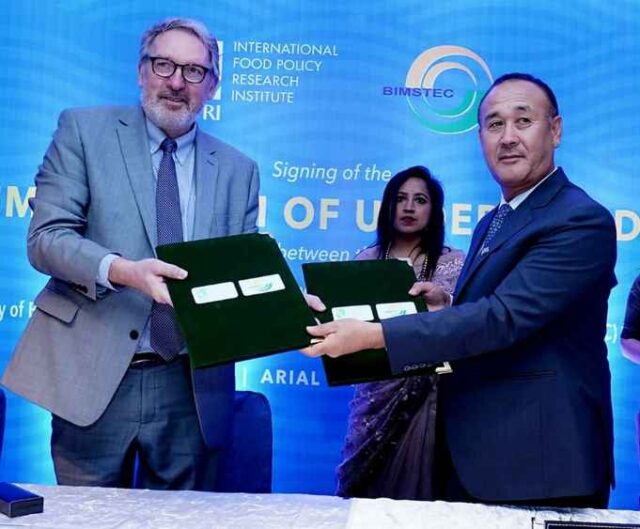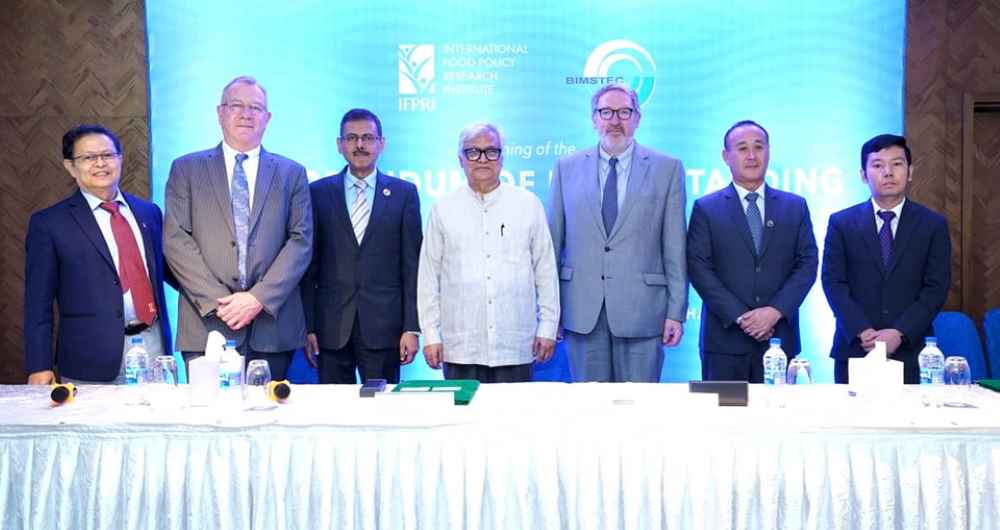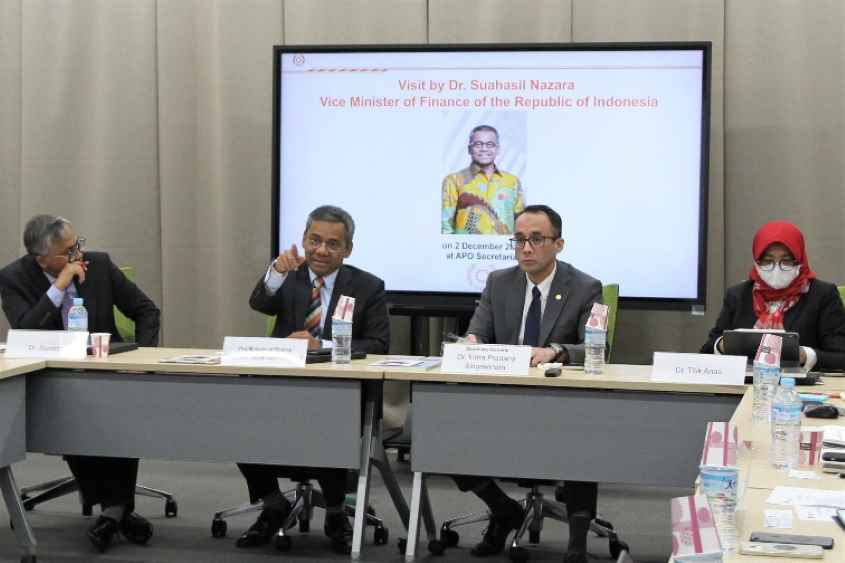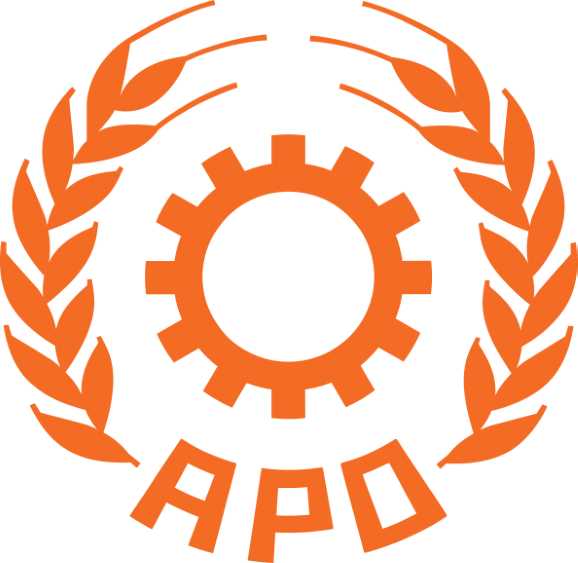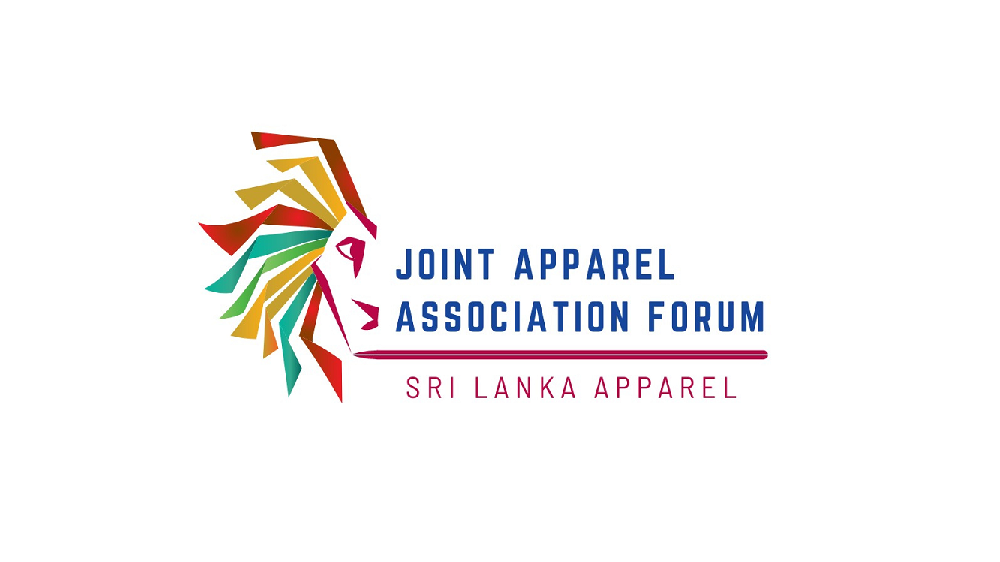This has been another challenging year for our societies, our economies and tourism. Many millions of jobs and businesses remain in peril, at the mercy of an evolving crisis and of the actions of governments. However, we are by no means in the same place we were when the pandemic was declared in March 2020. In fact, we have succeeded in laying the foundations to restart tourism around the pillars of sustainability, innovation, people and investing for a resilient future.
Working together
Over the past year, much progress has been made in rolling out vaccinations and in both detecting and treating COVID-19. We have also seen significant progress made in finding the right balance between keeping people safe and keeping the vital lifeline of tourism intact, as illustrated by UNWTO’s effective collaboration with the World Health Organization (WHO) since the very start of the pandemic.
A collaborative and multilateral approach is and must remain at the centre of capitalizing on the lessons we have learned in such a short space of time.
Ensuring harmonized travel protocols has been our message since day one. They are at the heart of tourism’s restart in many parts of the world, most notably in the Northern Hemisphere destinations during the peak summer months.
We are also encouraged by the resilience and determination coming from the tourism sector itself, as well as from our Member States.
Like never before, the pandemic has made clear tourism’s relevance to our economies and societies. Tourism is now part of the global conversation and at the heart of both national and international recovery action plans.
Expanding on our mandate
Interest in UNWTO’s innovation and start-up competitions keeps growing, showcasing the talent we have unleashed, and our shared readiness to hear new voices and embrace new ideas.
Our global innovation ecosystem is now made up of more than 12,000 start-ups from 160 countries, with US$83 million mobilized and 300 corporate partners currently working on new tourism technologies.
And UNWTO’s education programmes are reaching unprecedented numbers of people, welcoming more than 20,000 students from 100 countries in just 18 months. We promote lifelong learning thanks to partnerships with the world’s top five institutions in tourism and hospitality. Together, IE university, Les Riches, Glion Institute, Ecole du Casse and the Swiss Education Group offer 19 online courses in Spanish, English and Arabic – a true ‘online university of universities’.
Underpinning it all are data analytics on tourism investments powered by our partnership with the Financial Times. Through this, we have produced the first UNWTO tourism investment guidelines, which we are now scaling up to create guidelines for doing tourism businesses by country.
Restarting tourism is unthinkable without green investments. We are collaborating with institutions such as the World Bank’s International Finance Corporation and the Inter-American Development Bank. To date, more than 200 investors are part of UNWTO’s global investment network advancing critical work such as supporting hotel chains from 50 countries to become more sustainable.
For people and planet
Tourism is ready to do the hard work and live up to its responsibilities to people and planet, as demonstrated by the huge interest we have received in the Glasgow Declaration on Climate Action in Tourism, launched at the UN Climate Summit COP26. We are receiving a growing number of commitments to halve emissions by 2030 and to reach NetZero by 2050 at the latest, with Member countries, individual destinations, global companies and local players as well as media outlets, hundreds are on board, and counting.
And for people, we are making sure the benefits tourism offers are enjoyed as widely and fairly as possible. That includes establishing the sector as a driver of rural development, as celebrated through the Best Tourism Villages by UNWTO initiative. Launched to great enthusiasm this year, 44 villages from 32 countries were granted the recognition during our recent General Assembly, for showing a commitment to tourism development in line with the Sustainable Development Goals.
The 24th UNWTO General Assembly in Madrid brought our Members together to speak with one voice. Members commended UNWTO’s work done during the pandemic and its vision for the future of both the Organization and the sector, endorsing key initiatives such as a first International Code for the Protection of Tourists. This landmark legal framework is designed to restore trust in travel, a vital ingredient for recovery.
I am very grateful for the wide support of our Members, who have put their trust in me to serve a second term as UNWTO Secretary-General.
Mainstreaming tourism
In a crisis, you realize both what’s important and who your friends are.
Like never before, the pandemic has made clear tourism’s relevance to our economies and societies. Tourism is now part of the global conversation and at the heart of both national and international recovery action plans.
And support for UNWTO has never been louder or more visible. Over the past 12 months, we have strengthened our key partnerships, among them the G20 and G7, as well as ICAO (the International Civil Aviation Organization), FAO (the Food and Agriculture Organization of the United Nations), the World Bank, IDB (Inter-American Development Bank), CAF, (The Development Bank of Latin America) and the EBRD (European Bank for Reconstruction and Development). We have further strengthened our voice at the top of the United Nations, including the landmark recognition of tourism and UNWTO by the UN Secretary-General.
Closer to our Members
UNWTO has made a significant leap to be on the ground next to our Members. This year we opened the first Regional Office for the Middle East in Riyadh, in the Kingdom of Saudi Arabia. Built and opened in record time, it will serve as the platform to deliver our commitment to education and as a global centre for tourism and rural development.
Moving closer to our Members in other regions is an ongoing task and we will also work towards opening the first regional offices in Africa and the Americas.
As we advance preparations for these new hubs, we also welcome new Member States. Antigua and Barbuda, a destination where tourism is an economic pillar, has joined UNWTO. This shows that tourism-dependent countries look to UNWTO and depend on us, and we are ready to live up to this responsibility. Alongside this our network of Affiliate Members of the private sector, local administrations, destinations and academia, keeps growing.
So too does our collaboration with media outlets through new partnerships with Euronews, Xinhua and Travel Index, which build on our existing relationship with CNN International. As a result, the message of tourism for development will continue reaching a global audience of unprecedented size and diversity.
The future begins now
The way in which the pandemic has developed over the closing weeks of the year gives us all reason for concern and to again put public health above everything else.
But recent developments again validate our initial position: the only way forward is through collaboration and actions that are based on evidence rather than on speculation or political strategy.
UNWTO is in a good place to use the achievements of 2021 as a springboard for building a better tourism in the years to come, with the sector ready to return once conditions are right.
It is in this spirit that I wish everybody a safe and healthy 2022. UNWTO stands by your side, to keep on working together for our joint progress.
Zurab Pololikashvili
Secretary-General
#Statement : Source: UNWTO.org
